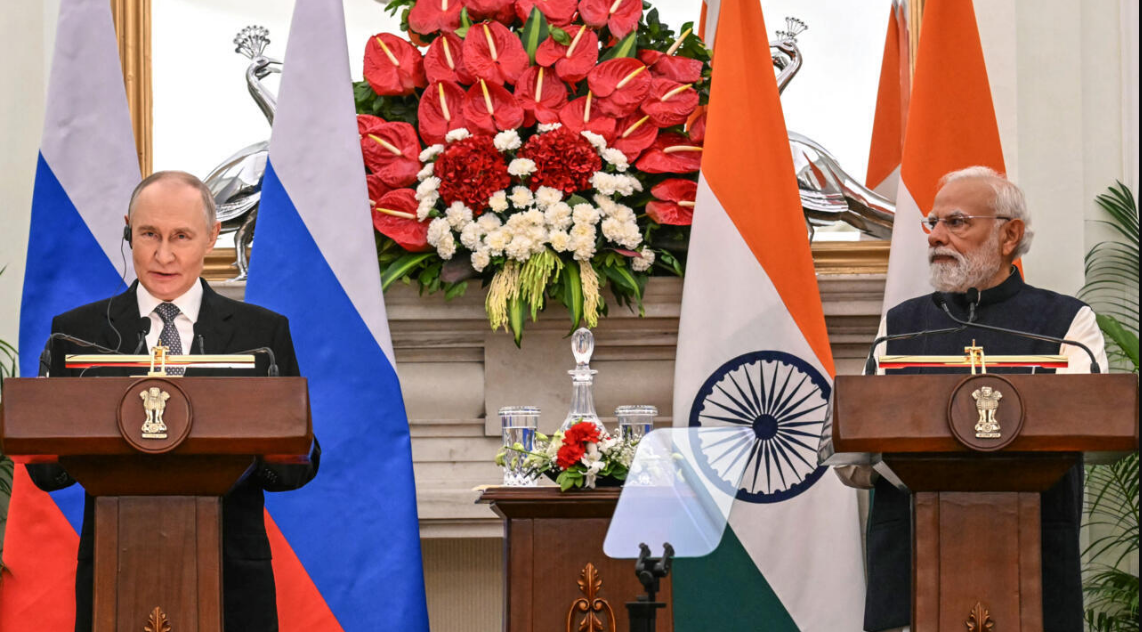
As much of the world moves on from the early chaos of the pandemic, a new COVID-19 variant is quietly making its way through communities across Asia, Europe, and now the United States. Known scientifically as NB.1.8.1, this new variant has been nicknamed “Nimbus” by scientists and is drawing concern for one major reason: how quickly it spreads.
Dr. Jill Roberts, an associate professor at the University of South Florida’s College of Public Health, explained that the variant has already shown signs of dominating previous strains.
“There’s a new variant that’s actually spreading worldwide,” she said, noting that Nimbus overtook earlier versions of the virus unusually fast.
Not More Dangerous — Just Easier to Catch
Despite its rapid rise, Nimbus isn’t causing more severe illness than earlier COVID-19 variants. In fact, experts stress that it appears consistent with previous versions in terms of how sick people get. But what sets Nimbus apart is how easily it moves from one person to the next.
Dr. Janko Nikolich, a professor at the University of Arizona and part of the Global Virus Network, put it bluntly:
“This is probably one of the top three viruses in terms of how well it spreads between people, known to mankind since forever.”
Even though it’s not more deadly, the speed at which Nimbus travels is enough to potentially trigger a new wave of infections this summer. With immunity from past infections or vaccinations beginning to fade, more people may find themselves vulnerable.
“The immunity from the past variants is going to wane,” Roberts said. “If we didn’t get infected or we didn’t get vaccinated, we don’t have any immunity.”
COVID Isn’t Gone — and Neither Is the Vaccine Conversation
The emergence of Nimbus has reignited the public health conversation around COVID-19 vaccines. While the fall 2024 vaccine still offers some protection against the new variant, confusion over who should be getting it—and when—continues to grow.
That confusion was amplified recently when Health and Human Services Secretary Robert F. Kennedy Jr. announced that routine COVID-19 vaccination is no longer recommended by the CDC for healthy children and pregnant women. The statement has sparked controversy and left many unsure about the best course of action moving forward.
But doctors like Roberts, Nikolich, and Dr. Christian Brechot—Vice Chair of the Global Virus Network—are urging the public to listen to science over political noise.
“There’s no confusion in the science,” Roberts emphasized. “Especially if you are high risk, you should get vaccinated.”
Brechot echoed that sentiment, particularly in regard to pregnant women:
“There have been many studies showing no significant side effects, and clear benefits in protecting against COVID-19 during pregnancy.”
Nikolich added that these vaccines remain among the safest in medical history and are crucial for protecting the most vulnerable.
Protection Against Long COVID, Too
Beyond preventing severe illness, vaccination may also reduce the risk of Long COVID—a chronic condition marked by lingering symptoms weeks or months after recovery.
Nikolich, who is also involved in a national study on Long COVID, warned that reinfections can worsen symptoms in those already struggling with the condition.
“People with Long COVID, even when they get reinfected, can see their symptoms get much worse,” he noted.
Side Effects Rare, but Transparency Matters
Some concerns about COVID-19 vaccines stem from reports linking them to myocarditis and pericarditis—two types of heart inflammation—particularly in teenage boys and young men. Earlier this year, the FDA updated its warnings to reflect these rare side effects.
Dr. Roberts stressed that while these side effects are worth noting, there hasn’t been an increase in cases. What’s more important, she said, is being open about the data.
“There is absolutely no reason not to have full transparency. That’s what builds trust.”
Global Virus Network Emphasizes Facts, Not Fear
As confusion mounts, the Global Virus Network has stepped in to offer clarity. The organization isn’t challenging CDC guidance, but rather aims to offer science-backed information to both medical professionals and the public.
“Our goal isn’t to criticize the CDC,” Brechot explained. “We want to provide trusted, evidence-based information to families and clinicians.”
One of the major points they’re emphasizing? Natural immunity isn’t enough.
“COVID-19 doesn’t generate long-lasting immunity through infection,” Brechot said. “That’s why vaccination is still necessary, especially for people with underlying health risks.”
The CDC’s Advisory Committee on Immunization Practices (ACIP) is scheduled to meet June 25–27 to update its immunization schedule. These updates will likely shape medical advice and insurance policies moving forward.
Dr. Roberts offered practical advice for anyone unsure about what to do next:
“My advice to anyone who is confused is to talk to your healthcare provider. That’s the person who knows your health best.”







